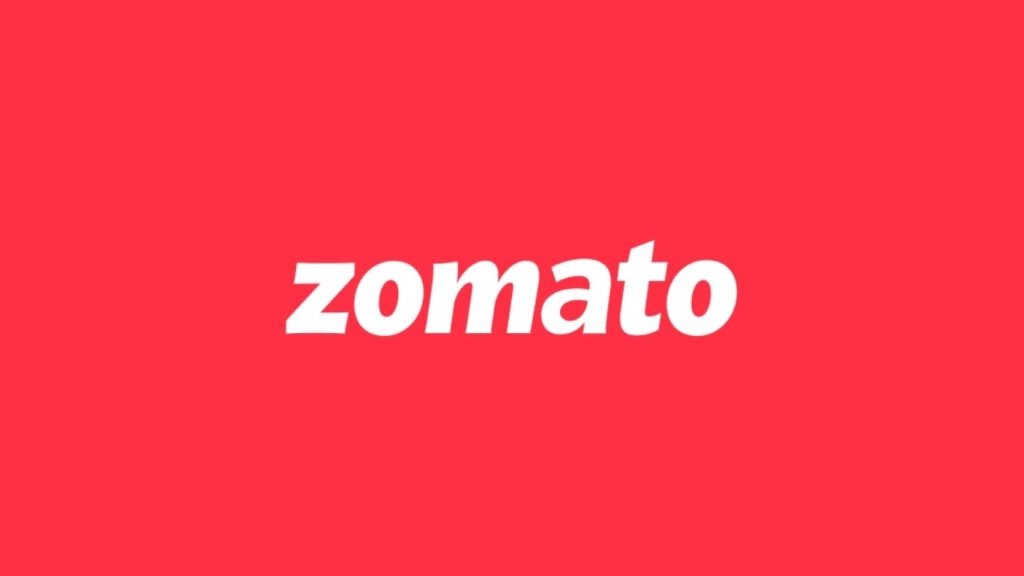Zomato, an Indian food delivery and restaurant discovery platform, has undergone a remarkable transformation since its inception.
Founded in 2008 by Deepinder Goyal and Pankaj Chaddah, Zomato began as a simple restaurant listing website.
Over the years, it has expanded its services to include online food delivery, table reservations, and even grocery delivery.
With its initial public offering (IPO) in 2021 and its current status as a publicly traded company, the question arises: Is Zomato still a startup?
Zomato Startup Phase (2008–2015)
In 2008, Deepinder Goyal and Pankaj Chaddah launched Foodiebay, a restaurant discovery platform. The platform allowed users to browse restaurant menus, read reviews, and find dining options.
In 2010, the company rebranded to Zomato to avoid potential conflicts with eBay and to reflect its broader vision.
During this phase, Zomato focused on expanding its presence across India and internationally. By 2015, it had established a strong foothold in over 20 countries.
The company’s growth was fueled by venture capital funding and a commitment to innovation.

Zomato Expansion into Food Delivery (2015–2020)
In 2015, Zomato ventured into the online food delivery market in India. Initially, it partnered with logistics companies like Delhivery, Grab, and Runnr to handle deliveries.
By 2017, Zomato acquired Runnr and transitioned to managing its own delivery fleet
The acquisition of Uber Eats’ India business in 2020 further consolidated Zomato’s position in the market. This move increased Zomato’s market share to 52% in India.
Zomato Public Listing and Financial Growth (2021–Present)
In July 2021, Zomato went public with an IPO, marking a significant milestone in its journey. The IPO was oversubscribed, reflecting investor confidence in the company’s future prospects.
However, the company faced challenges post-IPO, including concerns about profitability and market competition.
Despite these challenges, Zomato has continued to innovate and diversify its services. In 2024, it launched the ‘District’ app, expanding into movie and event ticketing.
Additionally, Zomato introduced ‘Healthy Mode’ in 2025, an AI-driven feature that rates dishes based on their nutritional content.
Is Zomato Still a Startup?
While Zomato began as a startup, its evolution into a publicly traded company with a diverse portfolio of services suggests that it has outgrown its startup phase.
The company’s market capitalization, extensive workforce, and broad service offerings position it as a major player in the food-tech industry.
Also Check out – How to Raise Funds for Startup
Conclusion
Zomato’s journey from a small restaurant listing website to a global food-tech giant is a testament to its adaptability and commitment to innovation.
While it may have started as a startup, Zomato’s current status as a publicly traded company indicates that it has transitioned into a mature enterprise.
However, its continued focus on innovation and expansion suggests that it retains the agility and entrepreneurial spirit characteristic of startups.
In conclusion, Zomato may no longer be a startup in the traditional sense, but it continues to operate with the dynamism and forward-thinking approach that define successful startups.

